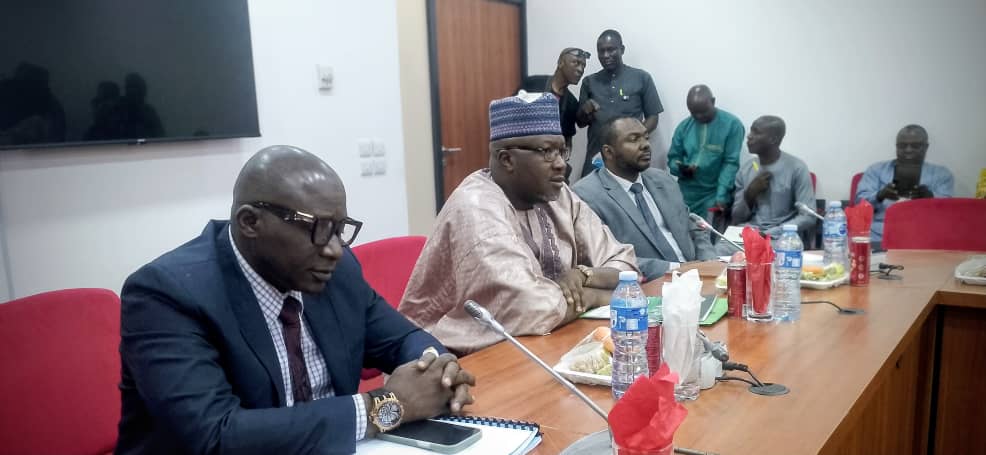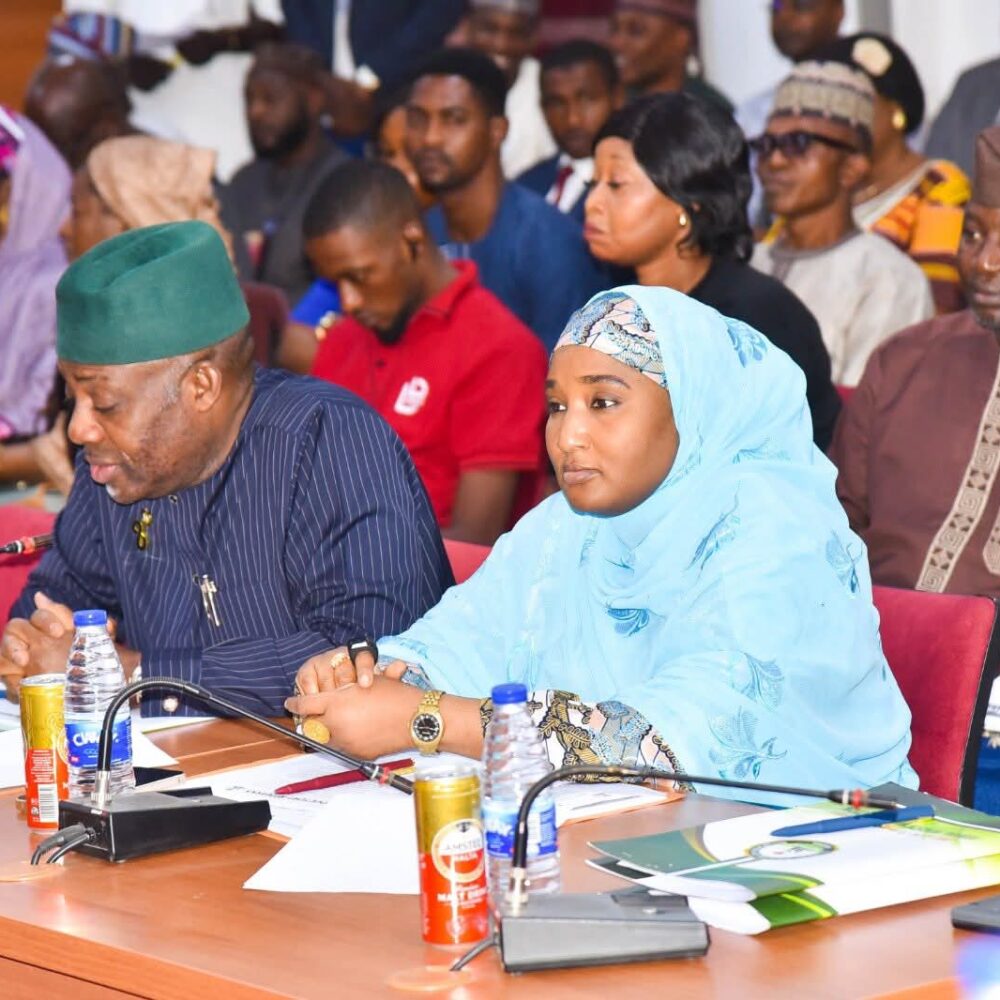The Speaker of the House of Representatives Rt. Hon. Abbas Tajudeen has listed lack of infrastructure, inadequate personnel, late diagnosis, and high cost of treatment as part of the factors frustrating early detection and treatment of cancer in Africa.
Speaker Abbas, who described cancer as one of the biggest health challenges on the continent, expressed the readiness of the 10th House to legislate on the disease and come up with a law to make cancer diagnosis and treatment easier and cheaper for Nigerians.
The Speaker made this known in Abuja on Thursday at the seminar for the First Ladies from member countries of the Africa Group of the Organisation for Islamic Cooperation (OIC).
Speaker Abbas noted that the gathering, which was focused on the crucial issue of cancer, stood as a testament to the collective commitment of the nations to combat the devastating disease.
He said: “As representatives of the people, we in the 10th House of Representatives recognise our role in the fight against cancer. The House will work with the First Lady, Her Excellency, Sen. Oluremi Tinubu, to enact a National Cancer Act to reduce cancer mortality through comprehensive measures, including the promotion of cancer screening, early diagnosis, treatment advancements, and palliative care.
“It will also guarantee greater investments in cancer care infrastructure and provide a framework for establishing and strengthening comprehensive cancer treatment centres across the country. A critical aspect of the proposed legislation will be a Cancer Drugs Fund to ensure that more patients benefit from cutting-edge treatments.”
“Cancer remains one of our most formidable health challenges, particularly in Africa,” Speaker Abbas said limited healthcare infrastructure, shortage of medical professionals, and insufficient diagnostic and treatment facilities were among major contributors to late diagnoses and inadequate care among cancer patients.
“Financial barriers, such as the high cost of treatment and lack of health insurance, exacerbate the situation, leaving many unable to afford necessary care.
“Additionally, low awareness and educational gaps about cancer prevention and early detection further hinder timely intervention. The combination of these factors results in high mortality rates and diminished quality of life, underscoring the urgent need for comprehensive strategies to address cancer.”
The Speaker said the Nigerian Government has made several efforts to combat cancer and alleviate the challenges faced by individuals living with the disease.
These, he added, included the Act establishing the National Institute for Cancer Research and Treatment (NICRAT), the National Strategic Cancer Control Plan 2023-2027.
He stated that the efforts also included increased funding for cancer treatment centres, greater public awareness and partnerships with international organisations.
“Despite these measures, significant gaps remain, particularly in reaching the poorest and most vulnerable populations, highlighting the ongoing need for sustained investment and comprehensive policy implementation,” he stressed.
Speaker Abbas commended the First Lady of Nigeria, Sen. Oluremi Tinubu, for convening and hosting the “important seminar,” saying that her tireless efforts and unwavering dedication to the health and well-being of Nigerian citizens, particularly the vulnerable, are truly commendable.
By uniting the First Ladies of OIC member countries, the Speaker said, the First Lady has created a platform for collaboration, knowledge sharing, and strategic action against cancer.





